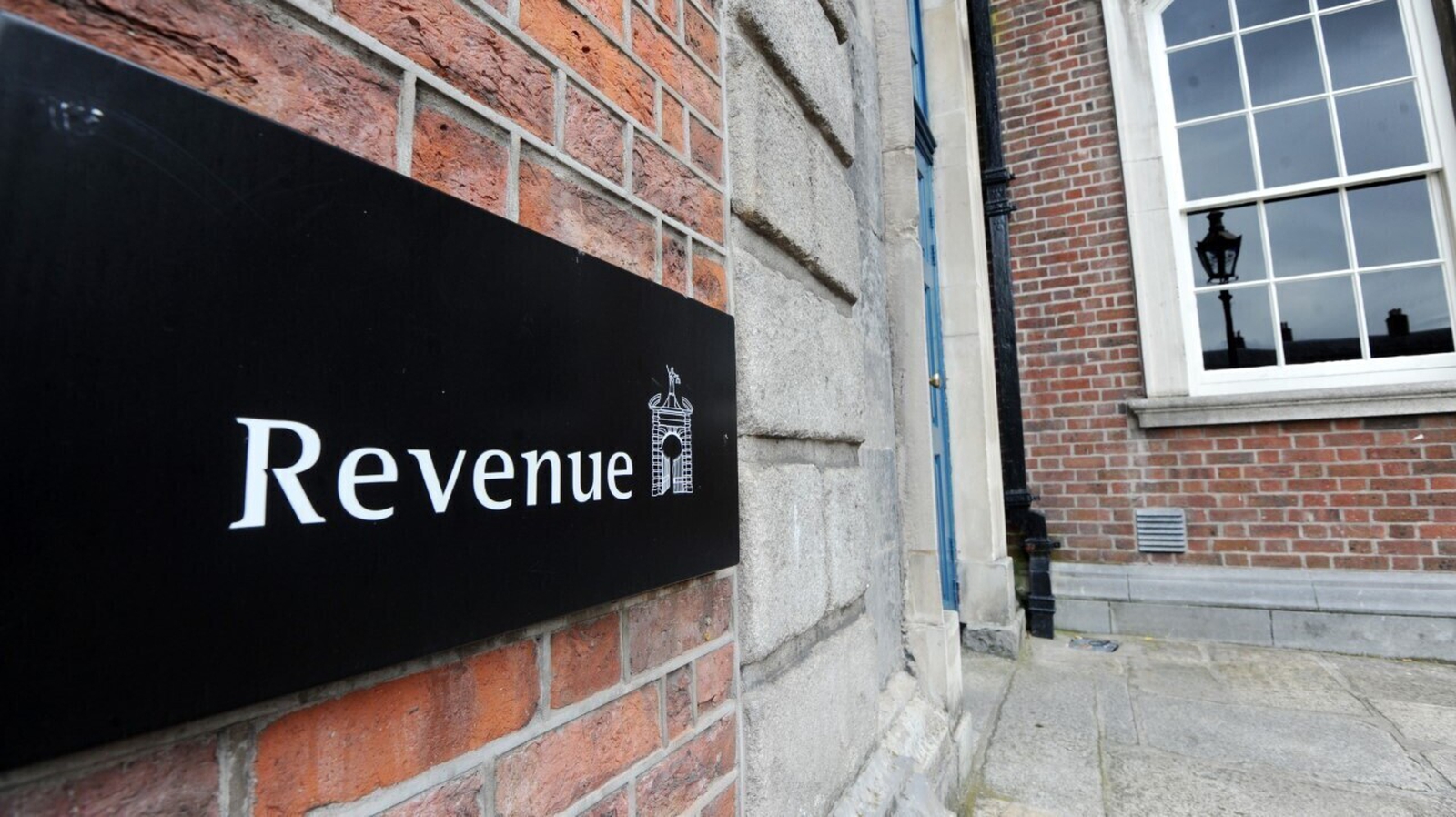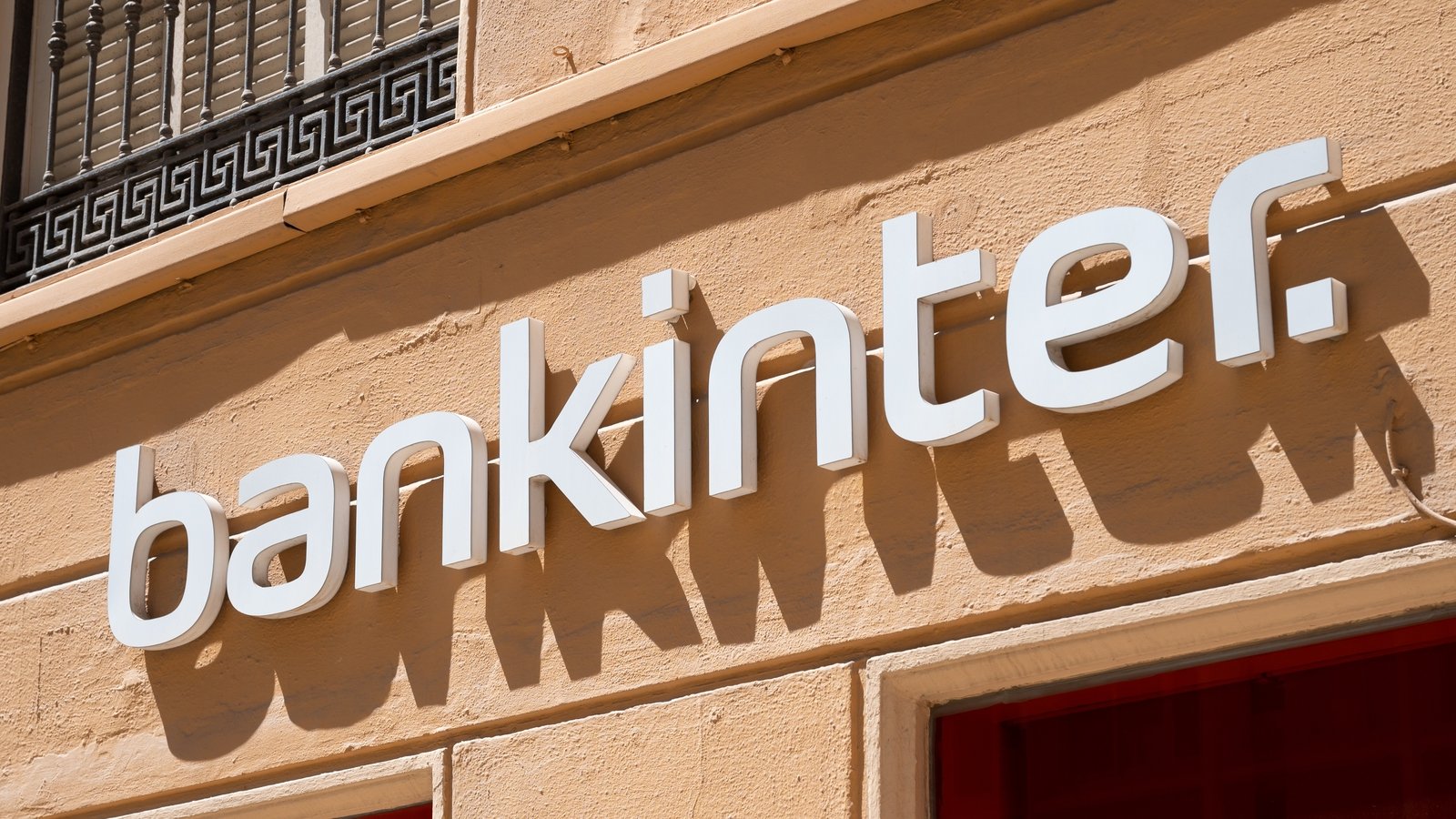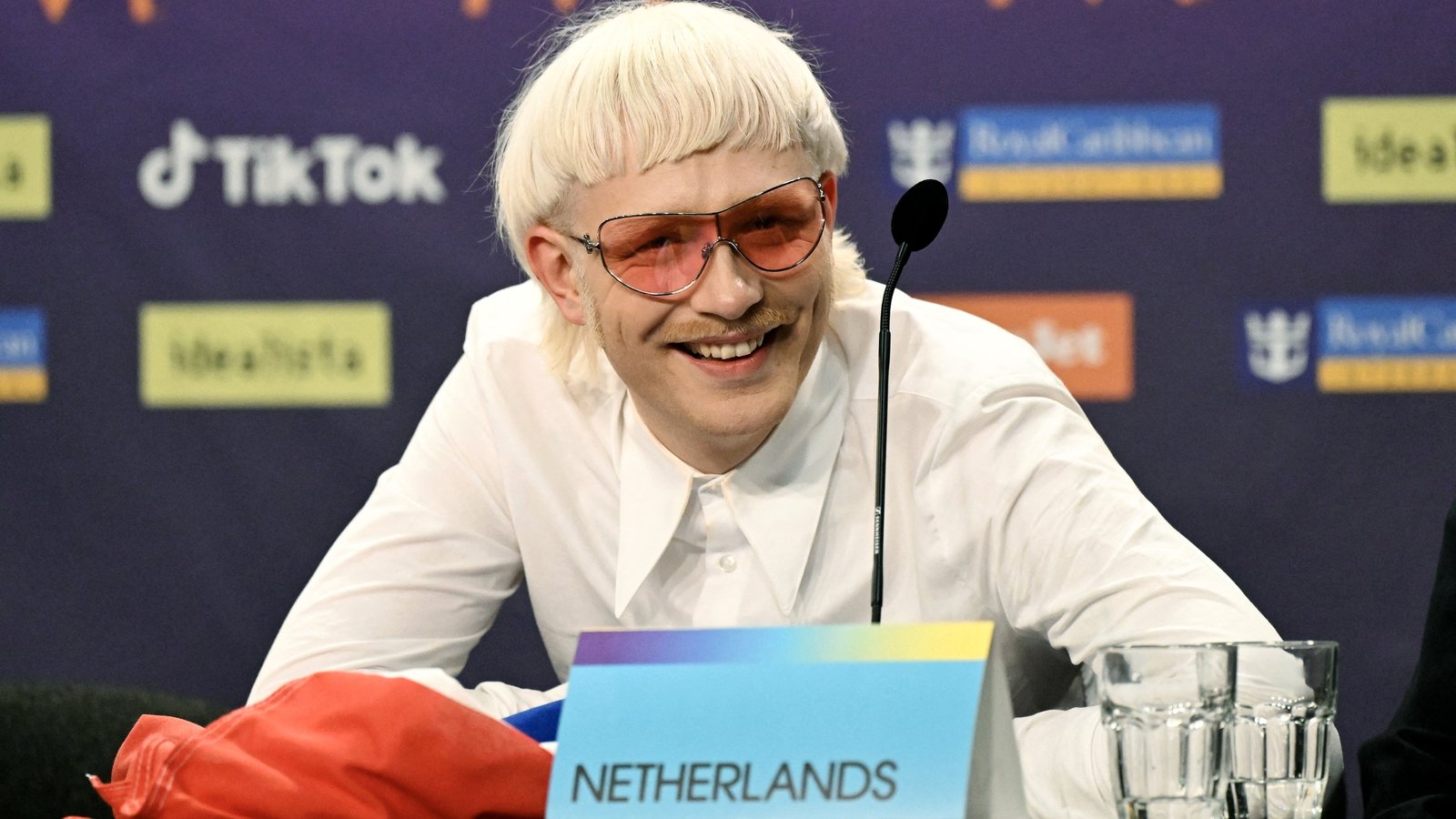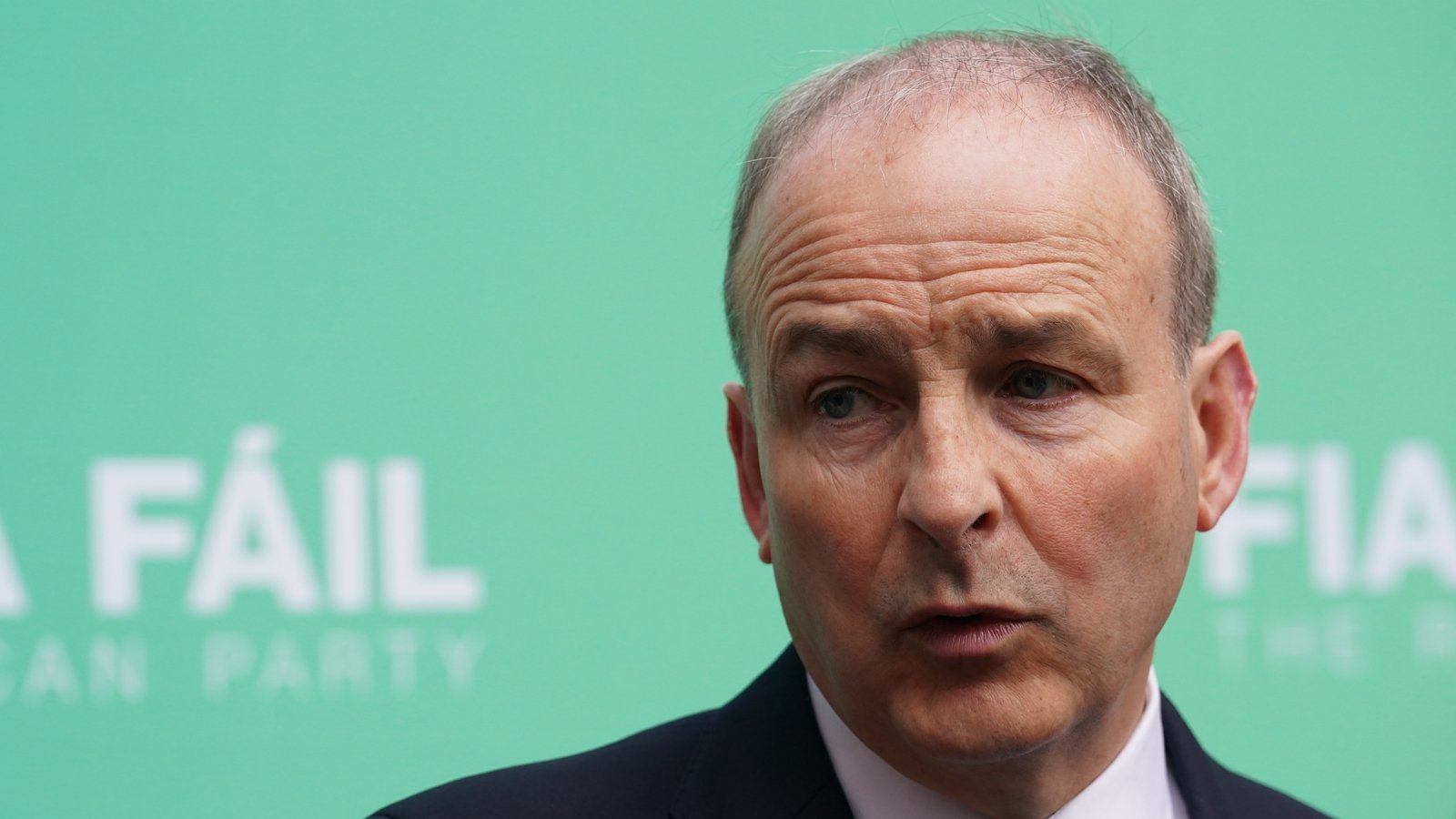Why renaming GAA grounds is such a big deal
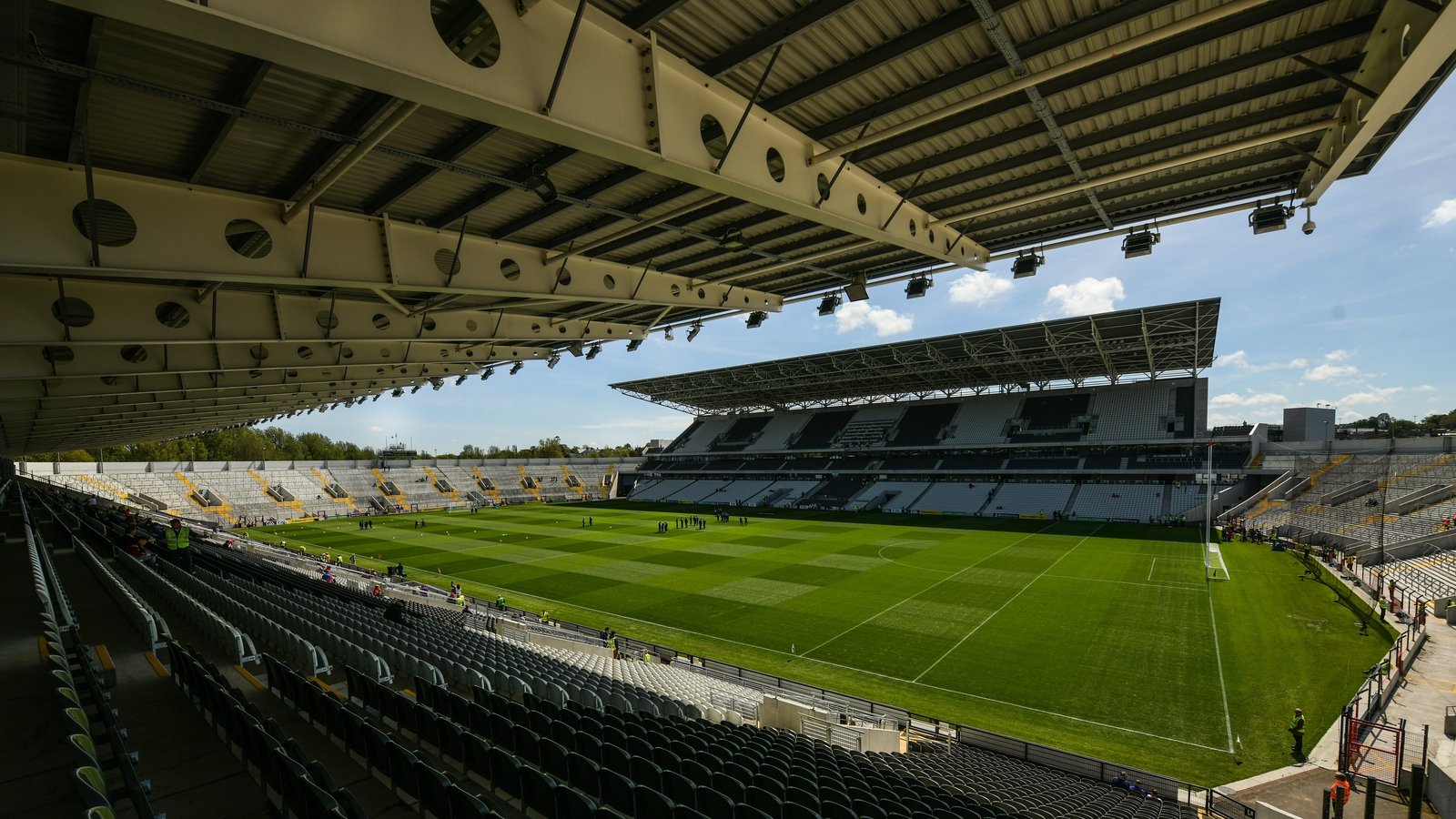
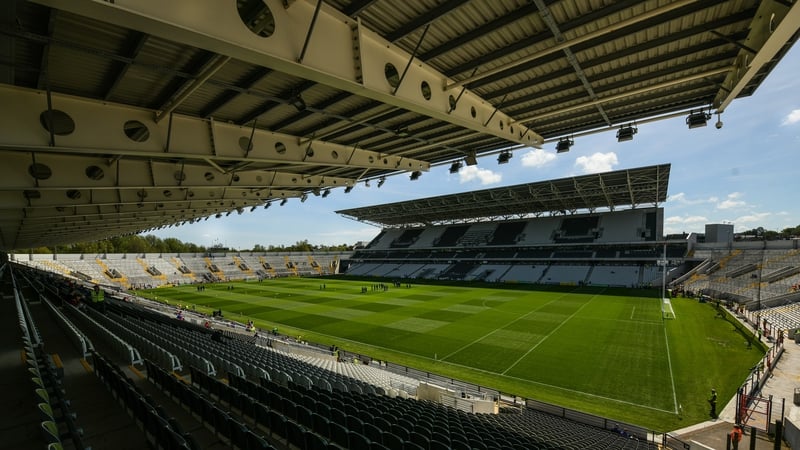
Analysis: selling naming rights to a stadium may be a commercial winner, but such deals have lasting effects on GAA history and heritage
Cork GAA’s proposal to sell the naming rights of their county ground Páirc Uí Chaoimh to SuperValu has caused much debate, controversy and confusion. The venue is one of the association’s landmark grounds, named after former GAA director general Pádraig Ó Caoimh who led the GAA for 35 years.
The idea of Ó Chaoimh’s legacy being set aside for a grocery shop has sent GAA observers into overdrive. Indeed, you could say the widespread public commentary has ensured the supermarket chain has already got returns on advertising before the deal has been sealed. As many have noted, the real controversy with the situation is not solely about the rebranding, but how Cork GAA allowed itself to get into €30 million of debt in the first place.
We need your consent to load this rte-player contentWe use rte-player to manage extra content that can set cookies on your device and collect data about your activity. Please review their details and accept them to load the content.Manage Preferences
From RTÉ Radio 1’s Today With Claire Byrne, is Cork’s historic Páirc Uí Chaoimh about to be renamed?
The first naming rights deal for a county ground came in 2002 when Breffni Park in Cavan became known as Kingspan Breffni. Cavan GAA were also outliers in being the first to sell the naming rights to a club ground when the Gowna club agreed a deal in 2021 that saw their grounds rebranded as ClubSpot Park.
Recent years have brought major changes in the market for naming rights and, as of now, 17 of the 32 county GAA grounds have corporate names. While naming rights have grown more widespread, there is no way to measure whether the naming rights have any resonance with GAA supporters. It is likely that the only people giving the stadiums their full corporate names regularly are the media and those writing official documents. The reality is that the only reason any GAA supporter would familiarise themselves with all the official corporate names of stadiums is if they’re prepping for a table quiz.
Research into naming rights of stadiums in other sports such as baseball shows that purchasing naming rights is no more profitable than any other investment a company might make. In fact, the announcement of the purchase of naming rights has a positive effect on the company for one to four days and little more thereafter.
We need your consent to load this comcast-player contentWe use comcast-player to manage extra content that can set cookies on your device and collect data about your activity. Please review their details and accept them to load the content.Manage Preferences
From RTÉ News, the thoughts of Cork locals about the proposal to change the name of Páirc Uí Chaoimh
So what is the value of renaming a GAA ground? Ask any county chairperson and they will rattle off figures and what it means for the income of the county board. This is their job after all, but the genuine effects of renaming GAA grounds is being massively understated.
It is a short-sighted exercise with the long term loss of a piece of GAA history and heritage. It undermines and practically erases the goodwill of previous generations in naming a GAA ground after an individual who has had an enormous influence on a particular place.
The problem of renaming GAA grounds is not about the companies who are investing in the venue, but with the changing character and aspect of the GAA landscape. Is it becoming one that makes space for corporate identities while pushing away the legacy of the individuals that helped to build the association itself?
We need your consent to load this rte-player contentWe use rte-player to manage extra content that can set cookies on your device and collect data about your activity. Please review their details and accept them to load the content.Manage Preferences
From RTÉ Radio 1’s Drivetime, Donal Ó Caoimh, grandson of Padraig Ó Caoimh and Dr Declan Jordan from UCC on Cork GAA’s renaming plans for their Cork stadium
A more important question to ask is what do we lose when a GAA ground has a corporate brand tagged onto its name. As the physical ‘home’ for a team, GAA grounds are the most material manifestation of a team’s relationship to their local community. The frequent use of the word ‘home’ to describe a stadium or a fixture is significant because it can construct and confirm particular forms of continuity, authenticity and identity within GAA grounds.
Beyond the framing of GAA grounds as literal homes, they are also viewed as spiritual homes due to the rituals and traditions enacted within them, such as local bands playing the national anthem, seating arrangements and children pucking around on the pitch at half-time. Not every part of the GAA can be commercialised by sticking a corporate name to the start or end of a name, but the distinctive identity of the whole organisation is eroded with each piece which is slowly chipped away.
The only reason any GAA supporter would know all the official corporate names of stadiums is if they’re prepping for a table quiz.
Aside from providing quiz setters with questions, the naming of GAA grounds after individuals allows us to engage with the GAA’s history and cultural commemoration. That said, a more critical approach to the historical impact of commemorating individuals within the GAA is required. John Mitchel, a well-known advocate of slavery, still has a lasting legacy across the GAA with many clubs named in his honour.
The GAA is a powerful force in shaping and influencing communities and how they express themselves collectively. The visibility and cultural worth of the GAA makes it highly attractive to companies as an investment. The public outcry over the Páirc Uí Chaoimh naming rights is not so much about an Irish company investing in a particular county, but a fear that there is not much else left to be commercialised.
The views expressed here are those of the author and do not represent or reflect the views of RTÉ

